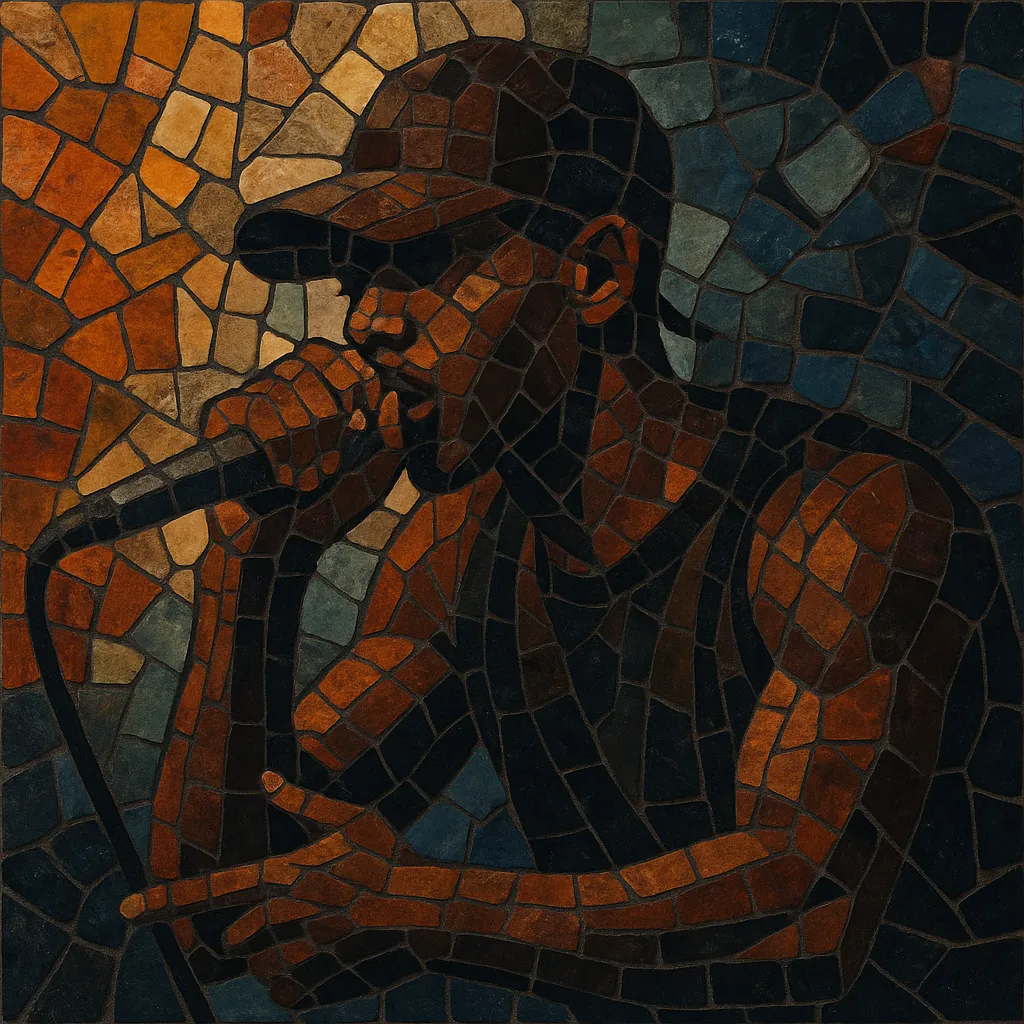Rap ivoire is the Ivorian strain of hip hop that blends Francophone rap technique with local slang (Nouchi), street storytelling, and high-energy club aesthetics. It typically rides trap or Afro-urban beats while borrowing rhythmic accents from coupé-décalé and broader West African pop.
Lyrically, it ranges from boastful punchlines and witty Nouchi wordplay to social observations about Abidjan life, youth hustle, and identity. Sonically, you’ll hear 808-heavy drums, sharp hi-hats, chantable hooks, and call-and-response refrains designed for both street appeal and dancefloor impact.
Ivorian hip hop scenes started forming in the 2000s under the wider influence of American hip hop and French rap. What became known as “rap ivoire” coalesced when artists began foregrounding Nouchi (Ivorian urban slang) and local references over trap-leaning beats, fusing street credibility with a distinctly Abidjan flavor. Early crews and open mics nurtured a generation of MCs who valued punchlines, swagger, and hometown identity.
The genre’s profile rose sharply in the 2010s thanks to breakout acts (notably Kiff No Beat and its members’ solo careers) who packaged hard-hitting flows with catchy, club-ready hooks. Producers folded in coupé-décalé accents and broader Afrobeats momentum, creating records that worked both on radio and in maquis/nightclubs. Viral singles, polished videos, and social media helped push the style beyond Côte d’Ivoire to the Francophone world.
In the 2020s, rap ivoire diversified: some artists leaned further into trap and drill aesthetics, others pursued pop-rap crossovers or collaborations with regional and European acts. Despite stylistic variety, the core remains: punchy Nouchi-heavy lyricism, danceable beats, and an Abidjan-centric cultural lens. The scene’s professionalism—labels, management, and international touring—continues to grow, cementing rap ivoire as a key voice in Francophone African hip hop.


